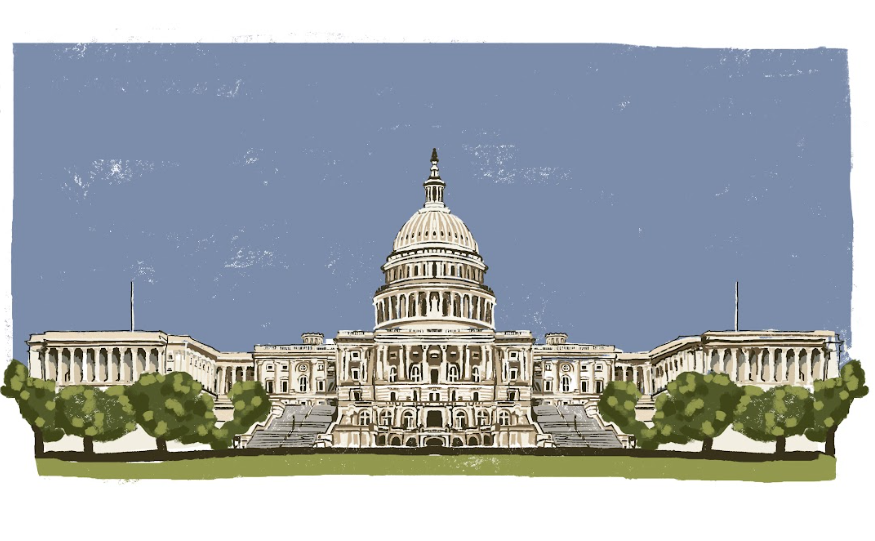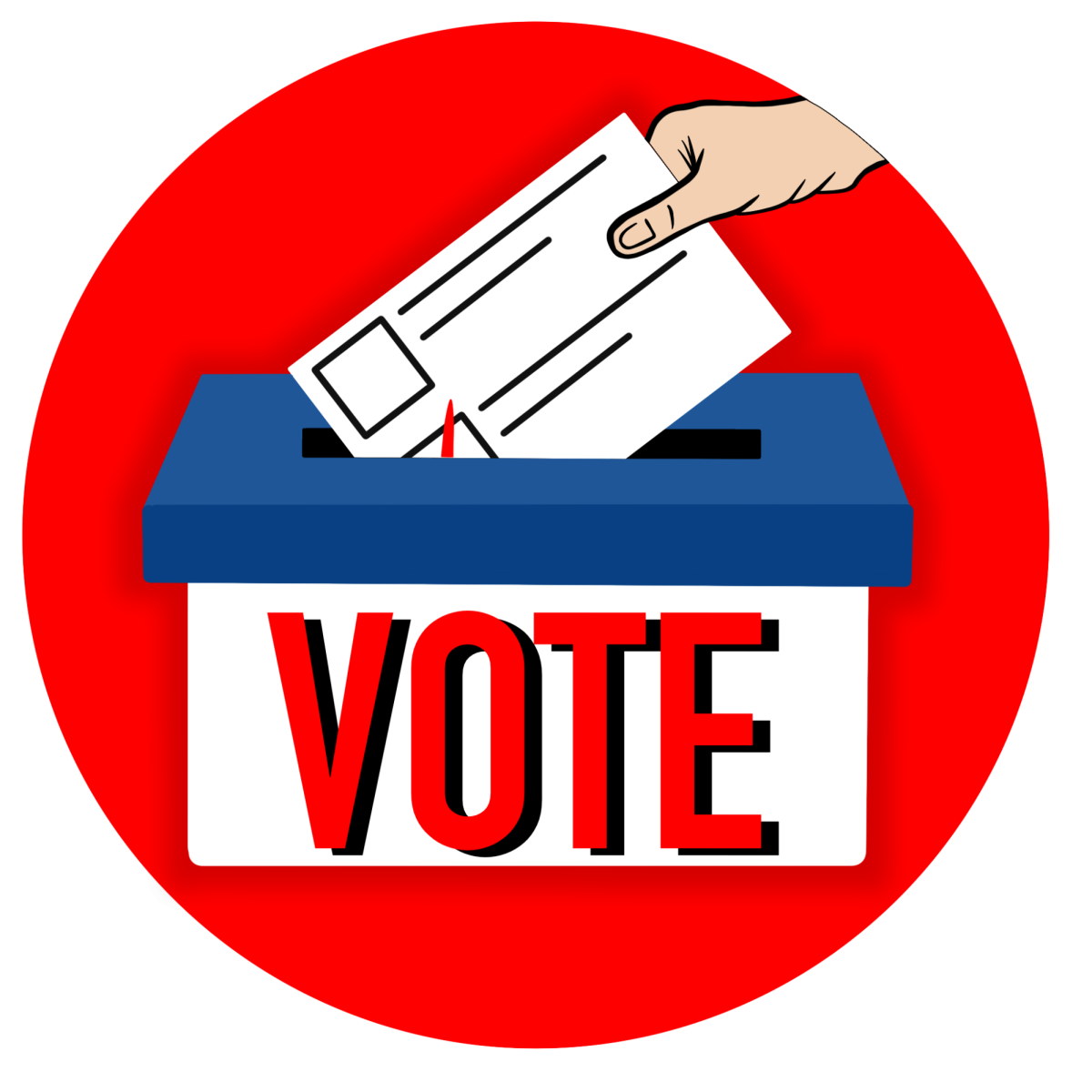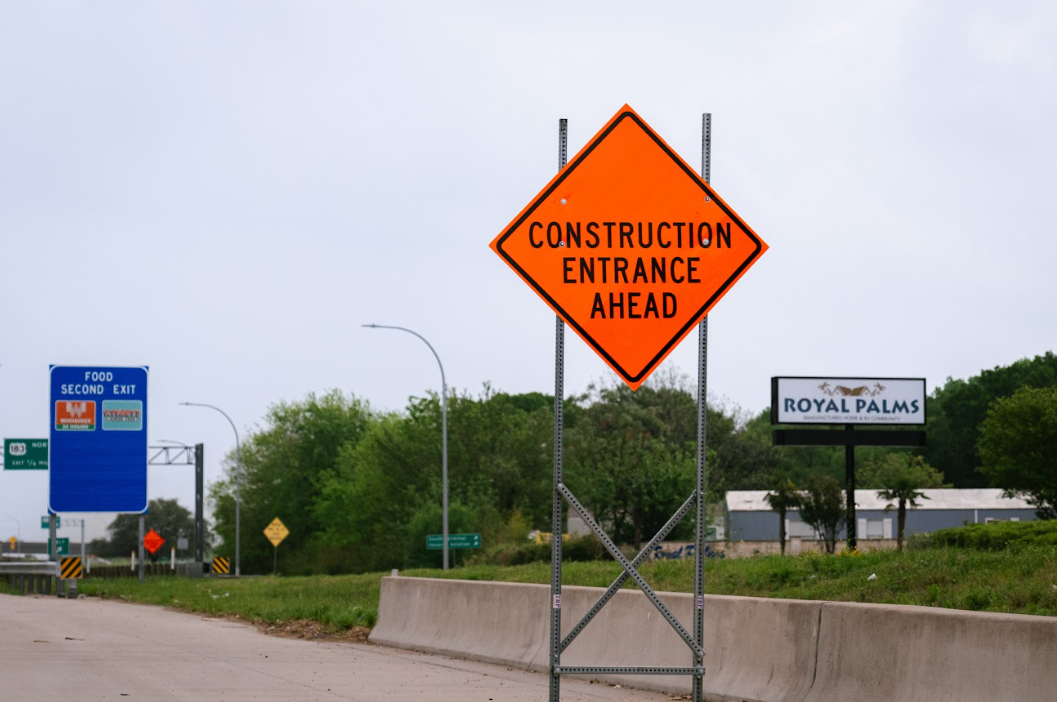Rife with insipid infighting, geriatric antics and an increasingly childish inability to answer simple questions, political debates have become a fixture of the fabric that is America. Yet with election season just around the bend, its efficacy is once again being brought into question. Each year, Americans ask themselves whether or not they should all sit and watch the oldest members of our society verbally spar for hours — without saying anything meaningful — and wonder if this ridiculous little ritual of ours is truly necessary. Interestingly enough, the 2016 electoral debate seemed to prove them to be near-unnecessary, with only 10% of voters definitively making up their minds due to the televised discourse. This begs the question, is there a point to having political debates anymore?
The answer is certifiably yes, and further, they are paramount.
It can be quite facile to discard these sordid affairs as merely an impotent tradition, and in truth, most would be inclined to agree with this sentiment. That is of course if the nation had not just lived through the single most painful-to-watch political debate of the century. The 2024 Biden vs. Trump debate had all the hallmarks of immaturity, as both candidates talked over each other, skirted around rather than answered questions and flung flagrant offensive remarks with all the tact of a five-year-old. Yet this time around, it was not the blatant lack of composure nor the disregard for civility that stood out, but rather the incredibly poor performance of President Joe Biden.
After suffering a surfeit of falls and mental gaffes which notably marred his presidency, there had been several questions, particularly from the right, that Biden was quickly becoming mentally and physically unfit to run for president. While this initially may have been a political gambit, it soon became a real concern for many Americans. With these fears seeping into Biden’s left flank, it soon became clear that his performance in the then-upcoming political debate had to quell the increasing distress spreading across the democratic party. Yet his execution in mitigating these fears proved entirely antithetical to this cause.
In the days following Biden’s bombshell debate showing, nearly 62% of Democrats and Democratic-leaning independents polled agreed that Biden should step aside. Even amongst Biden supporters, 54% argued the same, a sharp contrast from Donald Trump’s own support base, whose opinions had been largely unchanged. In a few hours, the Biden campaign had been completely undone, ultimately underscoring the inherent usefulness of putting up with these arduous political matches.
The debate system allows for the court of public opinion to weed out those they do not deem physically or mentally fit to run the country. This is done by giving a holistic account of each candidate through live audio and visual feeds. In an age where it can be easy to hide the truth from the public eye through various means, having an unfiltered showcase forces candidates to display their true political acumen and mental acuity.
Going beyond this recent example, these sometimes-laughable political spectacles render a level of accountability that is otherwise unseen throughout the campaign season. Most often, candidates only have to face half of the country, who due to inherent political bias, greet them with only the slightest touch of scrutiny. Yet these debates impel them to make a case to the American populace in its entirety, to take a stand in front of not only those who admire them but also those who find them despicable. In these moments America is unified, watching with bated breath to see both hopefuls make a case for why they should be handed the trust and power of the American people.
There are also more practical arguments for the efficacy of these debates. While the viewers that political debates attract vary over time, these matches still pull a substantial portion of the population. The first Trump-Clinton debate is a prime example, in which 84 million viewers tuned in across several networks to witness this highly anticipated event, placing the debate in a rarified company. In this way, they allow the politically lapsed and those otherwise unengaged in the civic realm to take, at the very least, a passive part in this nation’s future. Yet aside from simply acquiring attention, these debates can shape the political landscape by providing fodder for the media, which ultimately plays a major role in our perceptions later in the season.
According to Ed Lee, Senior Director for Debate Deliberation and Dialogue at Emory University, the “magnification of what happens through the news media” is what has the clearest impact on the polls. He elaborates, stating “the way in which the media presents who won and who lost” has a more substantial effect than what is said in the moment. These sentiments bolster the notion that debates, however asinine they may have become, still have a real and impactful part to play in the greater election
All this is not to say that these political debates do not have their faults. Many have contested debates because they reinforce the idea of elections as a popularity contest, primarily in the case of the first televised debate between Nixon and Kennedy. Further, there have also been questions raised about perceived political bias occurring in moderators and format. But despite these and many other shortcomings, these debates are still vital. They provide an opportunity to see these candidates side by side and force them to declare their official positions in front of the United States. They give the populace a chance to hold their candidates accountable and draw immense attention to the most important civic duty one can have. Regardless of their increasingly childish and raucous nature, political debates still have an incredibly salient part to play in our American electorate system and retain both relevancy and efficacy in this modern political landscape.










